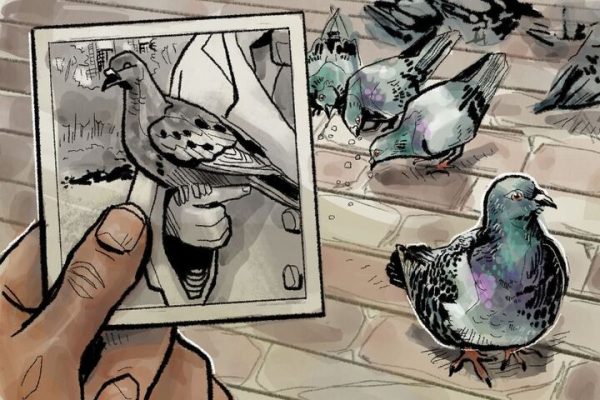Working in college? You’re not alone
If you’re currently working a job or planning to while in college, you’re in the majority. More than 70 percent of college students work at least part-time while enrolled, and it’s been this way for the past 25 years.
With the rising costs of education, this isn’t a surprising statistic. It’s getting harder and harder to sustain an education—even with a job.
There’s no easy answer as to whether or not you should work in college. But here’s something to consider.
A full load of classes is generally perceived to be equivalent to a full-time job. According to WSU policy, each credit hour equates to three hours of real world time. That’s nine hours per class per week and 45 hours per week for a 15-credit semester. We should be happy WSU doesn’t charge us fees for overtime.
Nevertheless, roughly 40 percent of undergraduates nationwide work at least 30 hours per week.
Good luck if you want to get involved in some extra-curricular activities on top of that. Remember, there’s only 168 hours in a week.
Of course, you’re welcome to give it a shot. But be warned—you may find yourself in an embarrassing incident involving a dining hall employee, who is equal parts concerned and annoyed, gently shaking you awake and telling you to wipe some mashed potatoes off your nose before you head home.
Since keeping on top of expenses without any sort of income is basically impossible, the question ultimately becomes how you should work, rather than should you.
Flexibility is the greatest quality to have in employment while in school. The easiest place to find that is through an on-campus position. You can find some of those through Handshake, a job search managed by the university.
Unfortunately, not every student seeking employment can work on campus, or even locally. Don’t forget to factor commuting into your time management. That adds up, especially around exams. Keep your managers informed of times of elevated stress. Not every employer will be understanding, but it’s better to be upfront anyways.
Remember, there’s no shame in quitting a job if it becomes too much. There’s no shame in dropping a class if it becomes too much. There’s no shame in having to cut back a little on both. Take care of yourself first.

Nicole Byrne was a digital editor for The Sunflower. Despite her better judgment, she developed a crippling addiction to poetry. She self-medicates with...









